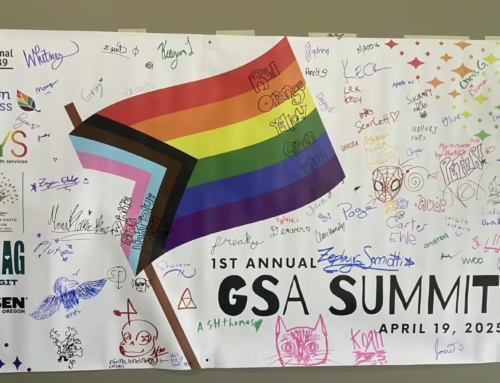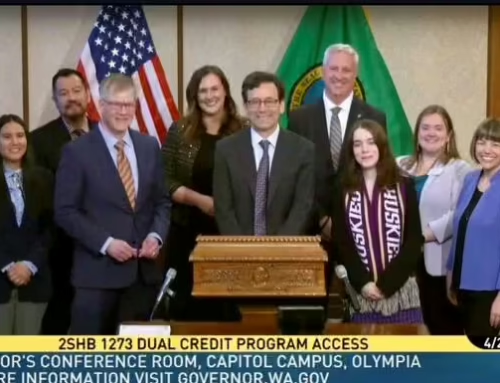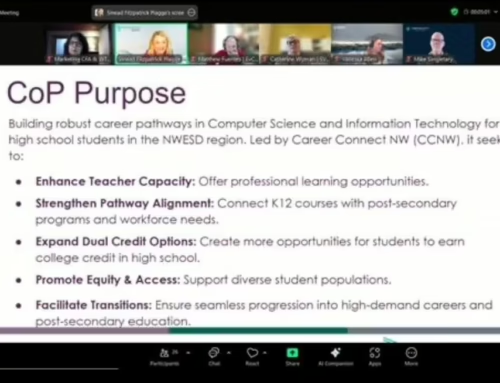Understanding and accessing narratives to help communicate about climate science.
An asynchronous learning opportunity for teachers of grades 3-8 with Brian MacNevin, Clint Weckerly, and Julie Hirsch
To solve the problems of tomorrow, we need all students to invest in understanding their relationship to our climate and see themselves as active, empowered citizens of our world. Facts and data alone seldom help people find themselves in relationship to the environment. Instead, we can better generate empathy and elicit a response by understanding other people’s personal stories (i.e. their narratives).
Reading, writing, and discourse — all ELA skills — are central to accessing narratives and making scientific sense of the world around us. From indigenous cultures to western science to migrant students, narratives position students to lead in the learning about climate science.
In this Canvas offering, we will explore how first-hand knowledge and experiences with climatic events are central to navigating a richness of narratives. Participants will engage in close reading and academic language strategies that support inclusion, empowerment, and participation in climate science and literacy learning.
Agenda
Asynchronous through Canvas — we will explore how first-hand knowledge and experiences with climatic events are central to navigating a richness of narratives. Participants will engage in close reading and academic language strategies that support inclusion, empowerment, and participation in climate science and literacy learning.
- Module 1: Welcome and Introductions (20 min)
- Module 2: Narrative Storylines (30 min)
- Module 3: Western Science Climate Narrative (90 min)
- Module 4: Accessing Textual Narratives (105 min)
- Module 5: Migrant Students Climate Narrative (60 min)
- Module 6: Decoding and Vocabulary in Scientific Texts (45 min)
- Module 7: Supporting Classroom and Community Connections (60 min)
- Module 8: Course Wrap-Up (10 min)
Event Notes
7 STEM clock hours: Upon completion, NWESD will pay for the cost of earned clock hours for participants in the NWESD region.
Class extension until June 10 (The course will be available until June 10; all work and assignments must be completed by that date).




